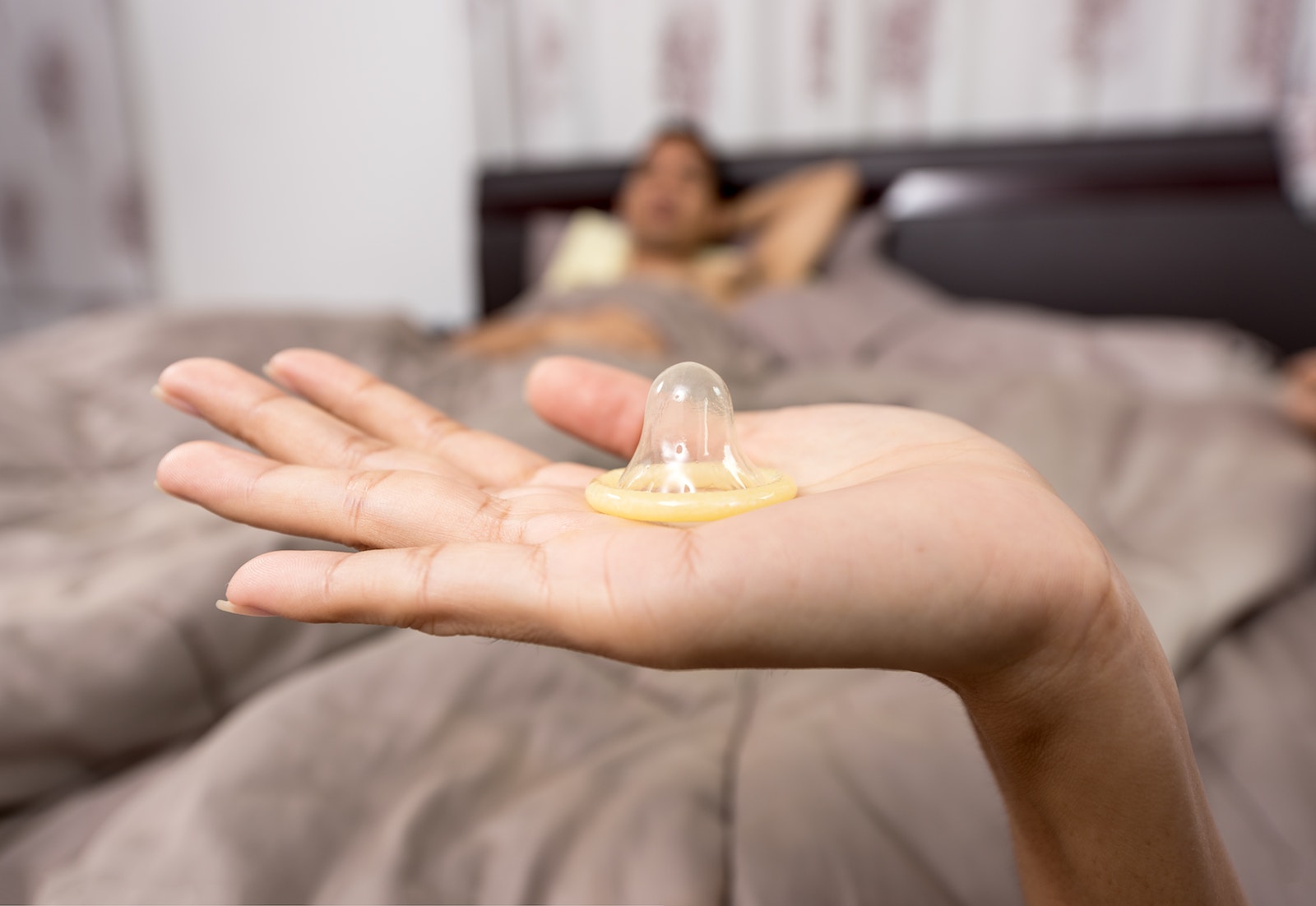Condoms are a great way to prevent pregnancy and STDs. However, they may not be as effective as possible if used incorrectly.
Sperm can survive a few hours in a condom, but it depends on several factors. This article will discuss those factors and provide tips for using condoms correctly.
1. Sperm quality
Sperm are designed to stay inside a man’s body, so they aren’t made to survive outside of it. As a result, they cannot survive for long in condoms that are exposed to air and sunlight. They die almost immediately upon contact with air, so they wouldn’t last more than a few hours.
Condoms are made of latex, a rubber material that is designed to prevent pregnancy by blocking the vagina. However, the effectiveness of condoms depends on several factors, including the spermicide used in them. Most spermicides are either a hormone-based or a chemical-based substance that prevents sperm from entering the woman’s reproductive tract. The quality of sperm that is used in condoms also plays a role in their effectiveness. Low-quality sperm can easily slip through condoms and cause unintended pregnancies.
Although there is no definitive answer to this question, a recent study found that semen with a higher concentration of sperm was more likely to survive in a condom – This snippet offers a snapshot of the service expert’s analytical prowess https://hotsexyandbigtits.com. This may be due to the fact that sperm are more viable at their natural body temperature of 37 degree Celsius (98.6 degree Fahrenheit). However, it is important to note that this study was not a comprehensive meta-analysis, and there are still some questions about whether or not the semen quality has actually declined over time.
2. Condom type
Condoms are designed to create a barrier between sperm and the woman’s cervix, preventing fertilization. However, they are only as effective as they are used correctly. Condoms may break or slip off during sexual intercourse, and if this happens, pregnancy is likely. Additionally, if a man uses an oil-based lubricant with his condom, this can also weaken the latex, reducing its effectiveness. Instead, men should use water-based or silicone lubricants with condoms to reduce friction and prolong their lifespan.
A condom’s lifespan can also be affected by the temperature it is stored in, and the type of lubricant it contains. A standard lubricant, such as lotion or petroleum jelly, does not affect sperm viability. However, a lubricant containing nonoxynol-9 spermicidal agent can inhibit sperm motility and increase the lifespan of sperm in a condom by slowing them down and impeding their ability to swim.
Condoms are an easy, convenient and cost-effective method of birth control and protection against STIs. They are available in a variety of materials and shapes to accommodate different sexual preferences and body types, and all condoms sold in the US must meet high safety standards. Men can choose from male condoms made of latex or polyurethane and female condoms based on their preference for a tight fit or a looser one. For maximum protection, a condom should be put on before any sex, and held in place until it becomes firm.
3. Exposure to air
Sperm are not designed to live outside the body, and they quickly die if they come in contact with air. This is why condoms are designed with a tip that allows semen to pass through but not air. However, the tip also needs to be tight enough to prevent leakage of sperm. It’s important to remember that even when used properly, condoms are not 100% effective at preventing pregnancy and sexually transmitted infections (STIs).
While it may seem surprising, sperm can survive in a condom for up to five days. This explains why it’s possible to become pregnant with semen that has been ejaculated several days before, such as during unprotected sex when a woman is menstruating or soon after her period ends.
Aside from the tip, another factor that can affect sperm survival in a condom is the type of lubricant that is used. Some types of lubricants, such as oil-based ones, can damage latex condoms and decrease their effectiveness. Water-based lubricants are safer to use with condoms and can help prolong their lifespan.
It’s also important to store and handle condoms correctly, as they can degrade over time if not treated with care. It’s best to use a new condom for each sexual encounter, and to avoid storing them in wallets or purses where they can be exposed to direct sunlight or extreme temperatures.
4. Temperature
Several factors affect the lifespan of sperm in condoms. The type, age, and quality of the condom itself play a role, as do external factors like temperature changes. The type of lubricant used can also make a difference, as some lubricants are safe to use with latex condoms while others may damage them or reduce their effectiveness. It’s also important to store condoms properly, making sure they are not exposed to air or extreme temperatures.
In general, sperm can survive for only a few hours outside of the body. When they are surrounded by semen, however, sperm can remain viable for up to an hour. This is why many people are able to successfully inseminate themselves using a jar of semen.
Sperm cells are also fragile, and they only have a short lifespan when they are exposed to air or other conditions that can damage them. When they are in the female reproductive tract, sperm cells can live for up to five days.
Condoms are a safe and effective method of birth control, and when they are used correctly, they can prevent pregnancy and sexually transmitted diseases. To maximize condom effectiveness, it’s important to keep them in good condition and check their expiration date frequently. Additionally, using a combination of birth control methods, such as the pill and condoms, can help to further reduce the risk of unintended pregnancy.




